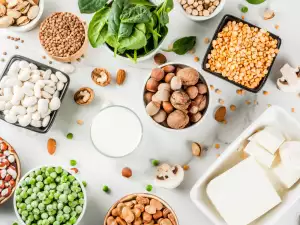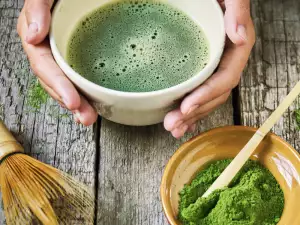There is much argument about whether the most popular stimulating drink in the world - coffee, is more healthy than harmful or vice versa. Let us list the most popular benefits of the bitter drink first.
Coffee is rich in antioxidants - chlorogenic acid and melanoidins. They fight oxidation - a process which harms cells and ages the body. Regular consumption of coffee reduces the risk of Parkinson's disease. Coffee protects against developing type II diabetes.
Coffee protects against cirrhosis. Consuming it also shields against the formation of gallstones. Drinking the black drink regularly reduces the formation of kidney stones by increasing urine flow rate and preventing the crystallization of calcium oxalate (a major component of kidney stones).
Coffee improves mental ability, memory, alertness. It can reduce the risk of Alzheimer's. The caffeine found in coffee is akin to theophylline, a well-known drug against asthma.
And now let's focus on 5 reasons for not drinking coffee or at least not overindulging in it.

- Coffee causes insomnia - the drink stimulates the nervous system but when abused this stimulation can grow into excitement. Limit the use of coffee at night, since there is a low chance of you being part of that small group of folks to whom coffee acts soporifically.
- Coffee increases blood pressure and is harmful to the heart. If you suffer from high blood pressure, especially if you have been diagnosed with hypertension, you must be careful with the intake of coffee. It increases blood pressure and eventually it may end up high permanently. More than 2-3 small cups per day may end up being hazardous. Even for people who have no other signs of developing hypertension.
- Coffee increases cholesterol. Cafestol is contained in coffee as well. It significantly increases the level of cholesterol in the blood. The largest amount of cafestol is found in espressos and in coffee made using a coffee maker. If you consume 4-5 cups daily of coffee made this way for the duration of a month, this will increase your cholesterol indicators by 6-8%. Decaffeinated coffee also contains cafestol.
- Coffee forms deposits on the teeth. Fans of the black drink quickly lose their natural white tooth color. Coffee contains fats and carbohydrates. In combination with sugar, they form yellow deposits on teeth.
- Coffee leads to addiction. The main component of coffee, caffeine, is a drug. The vegetative-vascular system of coffee lovers becomes addicted to the flavorful drink and stops functioning adequately if the hunger for caffeine is not satisfied.




















Comments